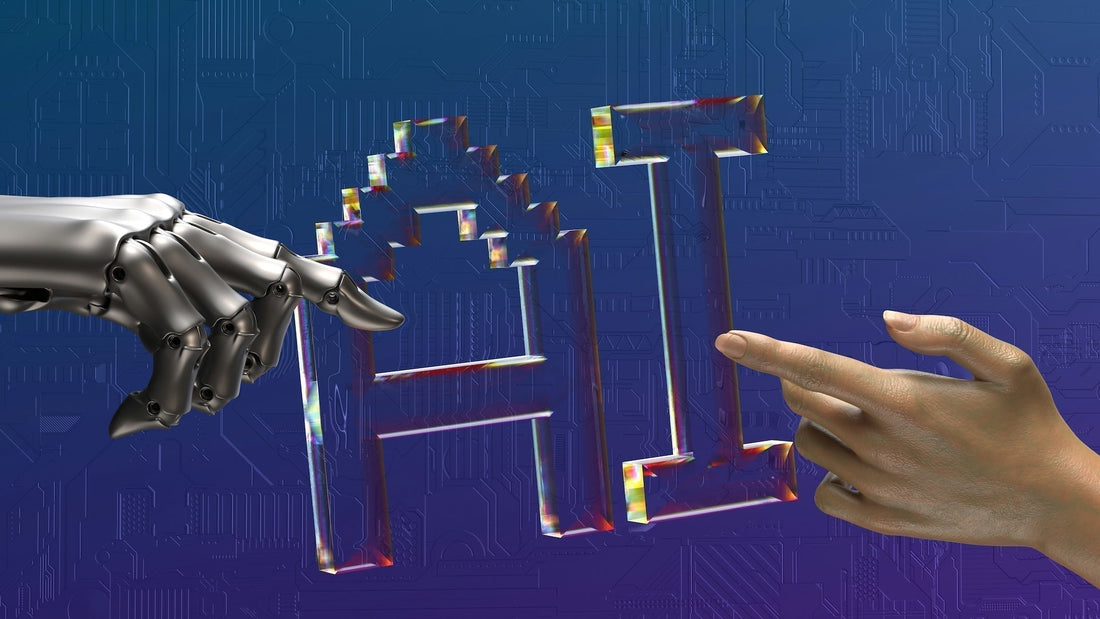
AI & Education in Singapore: Balancing Accuracy with Character in a New Learning Era
Share
Imagine a student who never tires, never forgets, never misses a fact, and always produces answers in a flash.
No fatigue. No second-guessing. Just perfect recall. This model student is not human, but an AI silently sitting at the back of your classroom.
Today, it helps us brainstorm ideas. Tomorrow, it may generate a thesis, provide instant feedback or even challenge your lesson plan with insights you hadn’t considered.
Exciting as this is, it raises a subtle, powerful question: what does it mean for a student to be “correct”? In a world where answers are instantaneous, what might we risk losing if we forget the human side of learning?
The Promise and Peril of AI in 21st Century Learning
AI tools are impressive. Accuracy, speed, depth of information – all valuable in the classroom. They relieve routine burdens, expand what students can explore, personalise learning and provide resources at scale.
Yet, by design, AI lacks lived experience.
It doesn't think like us. It doesn’t dream, feel, or question its own assumptions.
It doesn’t wrestle with values, question norms nor understand what it feels like to hesitate, to experience joy or disappointment or to make a choice between what’s easy and what’s right.
For parents, this may spark unease: Are children losing grit and curiosity if AI provides all the answers? Are they missing opportunities to wrestle with uncertainty, failure, or ethical choices?
For teachers, the concern is just as pressing: How do we guide learners in a world where knowledge can be outsourced to a machine?
Learning isn’t measured by the number of facts you can repeat (book knowledge). It's about the way you live with what you know (wisdom): how you respond when the easy choice isn’t right and navigate when facts clash with ethics.
Raising Youths in a Digital Era
So what does it mean, in this age of tireless machine learners, to teach, to guide, to inspire? Are we ready to rethink the very role of human intuition, creativity, and judgment in education?
AI influences how young people live, interact, and make decisions. For parents and educators, the stakes are high. Our challenge isn’t just to keep up with technology, but to raise youths who can:
- Balance efficiency with integrity
- Navigate a world where “right answers” may exist without moral or ethical context
- Think critically for themselves, instead of outsourcing all judgment to machines
The goal isn’t to compete with AI.
It’s to reimagine learning as a space where accuracy meets character, and knowledge meets wisdom.
A Thought Experiment
Take a moment to reflect on a recent situation where a young person had the “right answer” but faced a moral or ethical dilemma.
Consider:
- Could AI have helped them consider the ethical aspects of a decision?
- What human qualities mattered most: empathy, courage, patience, or creativity?
- How might the outcome have differed if decisions were based purely on logic or data?
- Can knowledge exist without experience?
- If AI can describe “love” or “jealousy”, but never feel them, does it truly understand?
Even pondering these questions offers insight. It reveals what education and life demand beyond mere facts and information. It highlights the uniquely human skills we must nurture: curiosity, judgment, resilience, and ethical awareness.
Navigating the Future Together
At HA Academy, we embrace AI—not as a replacement, but as a partner for growth. Our aim is to guide students in balancing efficiency with insight, precision with judgment, and knowledge with character.
AI is here to stay, but knowledge alone isn’t enough. True education nurtures judgment, character, and curiosity. By embracing AI thoughtfully, we can help young people not just acquire knowledge, but grow into wise, empathetic, and creative individuals—ready to navigate an AI-shaped world with confidence and purpose.
In the months ahead, we’ll be introducing initiatives designed to help educators and parents reimagine what learning and living can look like in this new landscape. If you’d like to explore these ideas further and join us in raising the next generation of students to harness AI responsibly, we’d love to hear from you.
Together, we can equip young people to lead with wisdom, empathy, and creativity in an increasingly AI-driven world.
